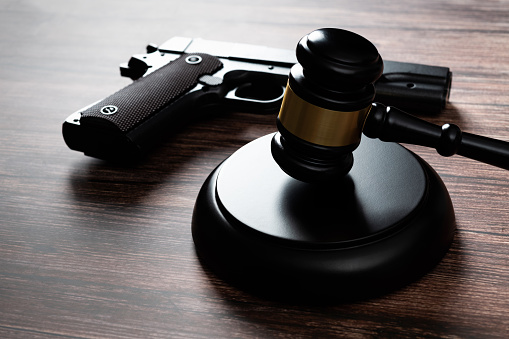Nigeria, known for its vibrant culture, delicious cuisine, and vibrant fashion scene, is gaining a new reputation: one for election violence. With the 2023 elections on the horizon, violence looms, and the country’s democracy is at risk.
It’s no secret that Nigeria has a history of political instability and conflict. But the recent violent attacks on opposition parties are a disturbing trend that can’t be ignored. Several supporters of the Labour party were attacked by hoodlums in Lagos during the party’s presidential rally, an attack that has been widely condemned on social media. In some cases, violence has escalated to armed clashes, with innocent people caught in the crossfire. It’s a far cry from the glamour and excitement of Nigeria’s bustling cities, and it’s clear that something needs to be done.
One of the biggest challenges facing Nigeria is the issue of impunity. When those responsible for inciting or carrying out acts of violence during elections aren’t held accountable, it sends a dangerous message. It’s like saying, “hey, it’s okay to engage in violence as long as you don’t get caught.” This trend must be stopped in its tracks, and it’s up to the authorities to take action and ensure justice is served.
Unfortunately, the culture of impunity isn’t the only factor driving election violence in Nigeria. There’s also the matter of hate speech and divisive rhetoric. Some politicians use language nothing short of inflammatory, stirring up ethnic and religious tensions and pitting communities against each other. It’s like they’re playing a dangerous game of “divide and conquer,” and it’s a game that nobody wins.
The impact of election violence on Nigeria’s democracy is catastrophic. When opposition voices are suppressed, and there is no space for free and fair debate, the democratic process is weakened. Public trust in the electoral process is eroded, and elected officials and institutions lose legitimacy. It’s like tearing down the foundation upon which the country is built.
To combat election violence, Nigeria needs to take a multi-faceted approach. Of course, holding those responsible accountable is an excellent first step. But it’s also essential to promote greater tolerance and respect for diversity. After all, a society more accepting of different cultures and religions is less likely to engage in violence.
Another critical step is ensuring the electoral process is transparent and fair. This means reducing the risk of electoral fraud and ensuring all candidates have equal access to the media and other resources necessary to run a credible campaign. By doing so, the integrity of the democratic process is upheld, and the risk of violence is reduced.
Election violence is a threat that cannot be ignored. It’s up to everyone to work together to create a Nigeria that is more tolerant, transparent, and fair. Only then can the country’s democracy be safeguarded and a brighter future secured for all Nigerians.
